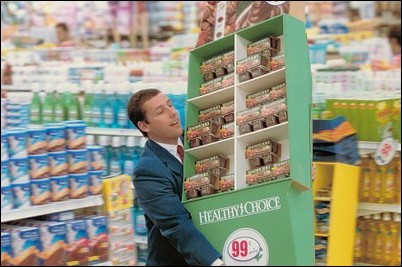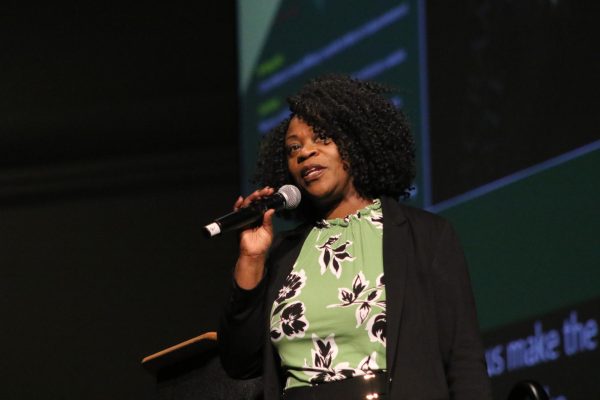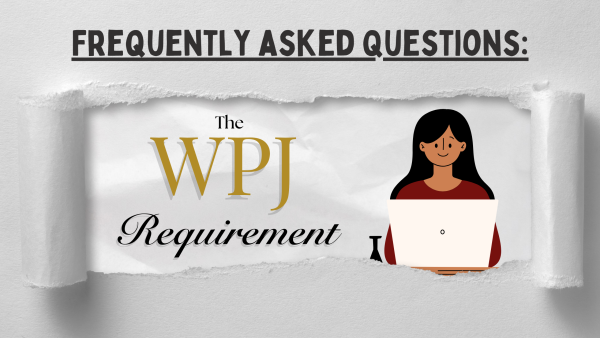Hornet on Hollywood: ‘Punch Drunk Love’

Image: Hornet on Hollywood: ‘Punch Drunk Love’::
October 30, 2002
Starring Adam Sandler, Emily Watson, Philip Seymour Hoffman, Luis Guzman and Mary Lynn Rajskub
Written and Directed by Paul Thomas Anderson
Produced by Anderson, Daniel Lupi and Joanne Sellar
Distributed by Columbia Pictures
Running time: 89 mins.
Rated R
“Punch Drunk-Love” is unlike any motion picture ever made. It is an insecure movie in being comfortable with itself, and is unable to cope with the fact that it is a superior piece of art, despite its habitual slouching. Sometimes it’s boring, sometimes it’s funny, and most of the time it’s a complete mess. But it has the sincerity to admit it.
The two artists behind this project are an unlikely pair, but when at their best can possess the unmatched ability to entertain an audience’s socks off. Writer and director Paul Thomas Anderson has proven himself as a serious filmmaker in the Hollywood system, with films such as “Boogie Nights” and “Magnolia.” With the exception of “Billy Madison” and “The Wedding Singer,” all Adam Sandler has done is constantly disappoint anyone who has followed his career since “Saturday Night Live.” In most of his other movies, he looks like a sad shell of a man. Not because he appeared less intelligent or refused to preach positive values, but simply because he wasn’t funny.
In “Punch-Drunk Love,” instead of attempting to regain his respect as a comic, Sandler, with the help of Anderson, has chosen to expose himself as an exceptional actor. If not for his trademark short haircut and mumbling, it would be hard to separate Sandler from his character.
The character in question is the lonely Barry Egan, owner of a small business that specializes in making handles. Barry lives in the San Fernando Valley, in close proximity to his seven sisters, all of whom are controlling and abusive toward him. In an attempt to help Barry, his sister Elizabeth (Mary Lynn Rajskub of “Sweet Home Alabama”) sets him up on a date with her friend, Lena Lenard (Emily Watson of “Red Dragon”).
Before this, Barry’s life had gotten considerably more interesting after taking advantage of a loophole in a Healthy Choice campaign that rewards buyers with frequent flyer miles. However, despite the ambitious effort, he is a man in anguish and desperately seeks help. Having nowhere to turn to, he calls a phone sex line, later finding out that the woman on the other line has intention of stealing his money. This causes Barry to be even more paranoid, constantly watching his back as he stocks up on Healthy Choice pudding, all the while trying to fall love.
There are plenty of moments in “Punch-Drunk Love,” where Anderson, Sandler and Watson resist golden opportunities to sweep us off our feet, choosing rather to make us swoon from the understated acting and dizzying camera work.
To add to this trippy experience, Anderson enlists the help of digital artist Jeremy Blake to provide intoxicating, colorful motifs that appear throughout the film. In an unexpected display of boldness, he reinvents whatever idea we had about his flare for soundtracks (the soundtracks normally act as sister pieces to his films). The only distinct song in the film is “He Needs Me,” sung by Shelley Duvall as Olive Oyl in the 1980 film, “Popeye.”
Up until the last frame it is hard to understand what Punch-Drunk Love wants to tell us. This may be because Sandler is too exhausted to let us know, or maybe it is Anderson’s ploy to get us into the theatre more than once. Maybe the Beatles say it better in their song, “All You Need is Love.”
But even so, I doubt that Paul McCartney could ever capture the essence of suburban isolationism better than Anderson. As for Barry Egan and Adam Sandler, the message to me is little clearer: “I’m okay if you’re okay.”



































































































































